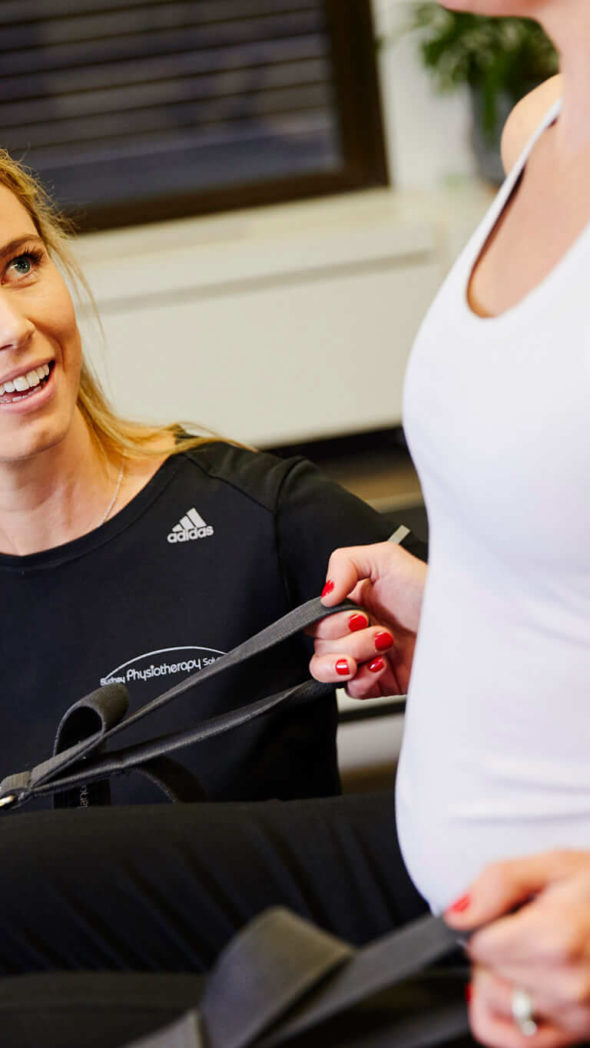
When it comes to rehabilitation in physiotherapy, incorporating Pilates into treatment plans can offer a wide range of benefits. Pilates is a form of exercise that focuses on core strength, flexibility, and overall body awareness. It can be particularly beneficial for those recovering from injuries or dealing with chronic pain. Let's explore seven advantages of using Pilates for rehabilitation in physiotherapy.
Improved Core Strength
One of the main principles of Pilates is to strengthen the core muscles, which are essential for overall stability and balance. A strong core can help prevent injuries and improve posture, making everyday movements easier and more efficient.
Benefits:
- Enhanced stability and balance
- Reduced risk of falls
- Improved posture
Increased Flexibility
Pilates involves a series of controlled movements that focus on stretching and lengthening the muscles. This can help improve flexibility, which is crucial for maintaining joint health and preventing stiffness.
Benefits:
- Greater range of motion
- Reduced muscle tightness
- Enhanced joint mobility
Enhanced Body Awareness
Through mindful movement and focused breathing techniques, Pilates helps individuals develop better body awareness. This increased awareness can be especially beneficial for those recovering from injuries, as it can help them relearn movement patterns and avoid compensation strategies.
Benefits:
- Improved proprioception
- Enhanced coordination
- Better alignment
Low-Impact Exercise
Many rehabilitation programs focus on low-impact exercises to minimize stress on the joints and tissues. Pilates is a gentle and controlled form of exercise that can be adapted to suit individual needs, making it suitable for individuals at various stages of rehabilitation.
Benefits:
- Decreased risk of further injury
- Gentle on the joints
- Suitable for all fitness levels
Improved Postural Alignment
Good posture is essential for overall health and well-being. Pilates exercises target the muscles that support the spine, helping to improve postural alignment and reduce the risk of developing musculoskeletal imbalances.
Benefits:
- Relief from back pain
- Enhanced spinal alignment
- Reduced muscle tension
Mind-Body Connection
Pilates emphasizes the connection between the mind and body, encouraging individuals to focus on their movements and breathing patterns. This mind-body connection can help reduce stress and promote relaxation, which is important for the healing process.
Benefits:
- Stress relief
- Enhanced mental clarity
- Promotes relaxation
Functional Movement Patterns
Many Pilates exercises are designed to mimic everyday movements, making them highly functional for rehabilitation purposes. By practicing these movement patterns in a controlled environment, individuals can improve their ability to perform activities of daily living with greater ease.
Benefits:
- Improved functional capacity
- Enhanced independence
- Greater confidence in movement
Overall, Pilates can be a valuable addition to rehabilitation programs in physiotherapy. Its focus on core strength, flexibility, body awareness, and low-impact exercise makes it a versatile and effective tool for aiding recovery and improving overall well-being.
Share this post: on Facebook on Google+